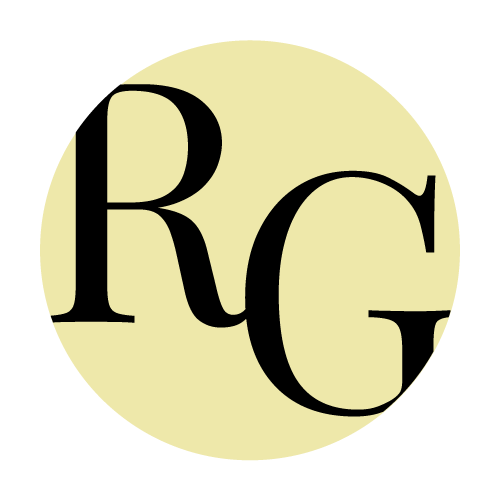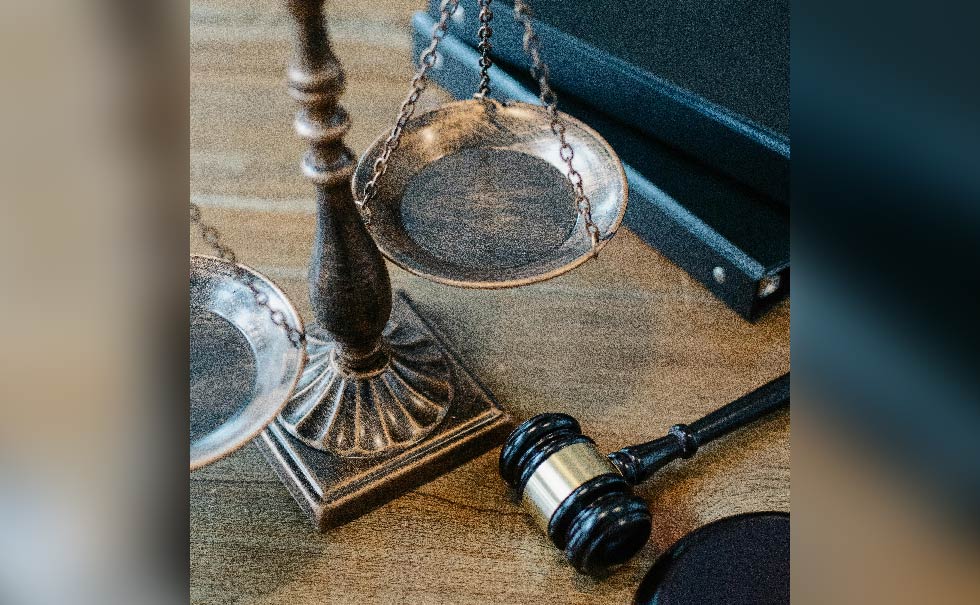Shemot: Introduction to Moshe
In this week’s Parsha we are introduced to arguably the most important character of the Torah; Moshe:
Moshe is such an enigmatic figure and so critical to our reception of the Torah that he remains theologically the highest possible Prophet of the Jewish people, the only person to have a so to speak, direct connection with Hashem not requiring a meditative state, dream or vision. To this day we call him respectfully and as a term of endearment Moshe Rabbeinu meaning “our teacher” because we consider ourselves still students of his to this very day.
So critical is Moshe that he remains one of the central prophets of not only Judaism, but of Christianity, Islam, Bhai and various other Abrahamic religions.
When it states [1] וְלֹא קָם נָבִיא עוֹד בְּיִשְׂרָאֵל כְּמֹשֶׁה – there never rose another Prophet like Moshe, it means according to our tradition that a great man like him never appeared before or after would there be a man like Moshe Rabbeinu; he was one in the world.
Likewise we see other verses [2] that speak about the uniqueness of Moshe:
אֲשֶׁר יְדָעוֹ הַשֵּׁם פָּנִים אֶל פָּנִים – Hashem knew him face to face: Taken to mean that Moshe and Hashem were able to speak directly.
The Rabbinical literature is replete with examples of the humility and character of Moshe[3]:
רָאָה הַקָּדוֹשׁ בָּרוּךְ הוּא שֶׁסָּר מֵעֲסָקָיו לִרְאוֹת בְּסִבְלֹתָם לְפִיכָךְ וַיִּקְרָא אֵלָיו אֱלֹקִים מִתּוֹךְ הַסְּנֶה
It was because Hakodosh Boruch Hu saw that Moshe turned aside from his affairs to see the burdens of his brothers,
and because of this Hashem chose him to speak to him from the burning bush.
One of the central elements of the dialogue between Hashem and Moshe appears as a continuous conversation (repeating theme or motif) that can be essentially reduced to the following exchange:
“Hashem, I am not capable of X”
“Actually – you are.”
There are many examples of this throughout the Text such as[4]:
וַיֹּ֤אמֶר משֶׁה֙ אֶל־הָ֣אֱלֹהִ֔ים מִ֣י אָנֹ֔כִי כִּ֥י אֵלֵ֖ךְ אֶל־פַּרְעֹ֑ה וְכִ֥י אוֹצִ֛יא אֶת־בְּנֵ֥י יִשְׂרָאֵ֖ל מִמִּצְרָֽיִם
But Moses said to God, “Who am I that I should go to Pharaoh, and that I should take the children of Israel out of Egypt?”
and[5]:
וַיֹּ֨אמֶר משֶׁ֣ה אֶל־יְהֹוָה֘ בִּ֣י אֲדֹנָי֒ לֹא֩ אִ֨ישׁ דְּבָרִ֜ים אָנֹ֗כִי גַּ֤ם מִתְּמוֹל֙ גַּ֣ם מִשִּׁלְשֹׁ֔ם גַּ֛ם מֵאָ֥ז דַּבֶּרְךָ֖ אֶל־עַבְדֶּ֑ךָ כִּ֧י כְבַד־פֶּ֛ה וּכְבַ֥ד לָשׁ֖וֹן אָנֹֽכִי:
Moses said to Hashem, “I beseech You Hashem.
I am not a man of words, neither from yesterday nor from the day before yesterday, nor from the time You have spoken to Your servant, for I am heavy of mouth and heavy of tongue.”
Hashem’s famous response[6]:
וַיֹּ֨אמֶר יְהֹוָ֜ה אֵלָ֗יו מִ֣י שָׂ֣ם פֶּה֘ לָֽאָדָם֒ א֚וֹ מִֽי־יָשׂ֣וּם אִלֵּ֔ם א֣וֹ חֵרֵ֔שׁ א֥וֹ פִקֵּ֖חַ א֣וֹ עִוֵּ֑ר הֲלֹ֥א אָֽנֹכִ֖י יְהֹוָֽה
But Hashem said to him, “Who gave man a mouth, or who makes [one] dumb or deaf or seeing or blind? Is it not I, Hashem?
The principle issue that stands before our own achievements tends to be our own perception of ourselves: we have a tendency to see things backwards, where great ability, talent and the great uniqueness of our own persona are – we see the opposite reflection:
We frame ourselves in limitations and negativity.
We refuse to believe in ourselves the way that Hashem does, so the first step is to “cast to ground” our understanding and preconception of who we are, and accept a deeper truth:
If we believe that this existence has meaning (According to the Torah we are obligated to, which is explored in classics of Torah Philosophy such as Derekh Hashem and other works) it then immediately follows that we ourselves have such a powerful and intrinsic meaning, it cannot be that the details of our lives are happenstance either – we can then utilise the uniqueness of our lives to improve our lives and the lives of others.
Once I was giving a lecture, after the Shiur we sat to meet with the students and participants, when asking a particularly wonderful student about his life, work and interests he replied: “let me show you!”
He proceeded to unscrew his prosthetic leg and place it on the table.
A childhood cancer had left our friend without a leg, and feeling dissatisfied with the comfort levels and physical abilities of the other prosthesis on the market he set about learning how to build the very best version of what he himself required;
Today he designs custom, bespoke prosthetic legs for his clients worldwide.
In perhaps a less extreme way, our “disabilities”, issues and life circumstances are also able to be used as a power to fill the world with light.
It is an intrinsic lesson taught from day one – our very emergence into the world is filled with pain, difficulty and risk, months before the physical formation is completed however was a moment of desire filled with love, longing and joy – much like the creation of the Universe on a Macro level.
However, we transcend these pains and even the subsequent stages of difficulty; learning to: crawl, walk, speak, think independently and find our expression in the world – we then struggle ourselves with becoming the next stage in the chain of generations of this cycle, passing on what we have gained and hopefully infusing others with the best that we have to give.
Who could be a better representation of the Jewish People, a person who overcomes themselves for the better of the People – as we all must strive to do personally ourselves through our cleaving to Torah, its application through the Halacha and ultimately to Hashem our creator so that we can be a blessing to each other and make our world filled with more light.
Rabbi Jonathan Goldschmidt 2021 ©
[1] (Devarim 34:10)
[2] Bamidbar 12:8
[3] (Shemos Rabah 2:27).
[4] Shemot 4:1
[5] Shemot:4:10
[6] Ibid:4:11




